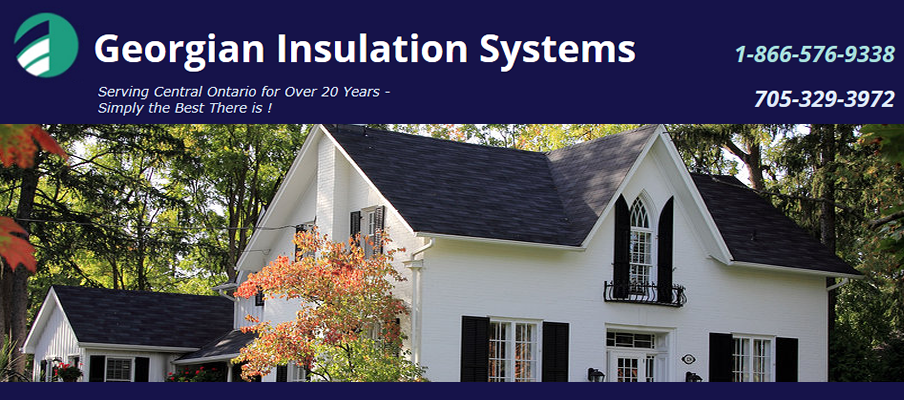Along with the cold weather goes higher heating costs, and the size of your bill will be effected by how well your home is insulated. To provide a comfortable environment throughout the seasons, your home needs to be well sealed, well insulated, and properly ventilated.
The Canadian Housing and Mortgage Corp. describes a well insulated house like dressing for winter.
"A wool sweater will keep you warm if the wind is not blowing and it is not raining. On a windy, rainy day, wearing a nylon shell over your wool sweater helps keep you reasonably dry and warm. A
house is similar. On the outside underneath the brick or siding, there is an air barrier that does the same thing as the nylon - it keeps the wind from blowing through. Then there is the insulation (like your sweater) and a vapour barrier, which helps keep moisture away from the house structure."
Are you happy with the comfort level of your home and your heating or cooling costs? What are some of the signs that there is a problem with your insulation?
Signs of Insulation Problems in the Winter:
- walls cold to touch
- cold floors
- high heating costs
- uneven heating levels within building
- mold growing on walls
Signs of Insulation Problems in the Summer:
- uncomfortably hot inside air
- high cooling cost
- ineffectiveness of air conditioning system
- mold growing in the basement
If you have any of these problems, you should look into the insulation system in your home. We have decades of experience evaluating homes in central Ontario and would be pleased to come out and take a look.
You should also learn more about insulation types and benefits. We have many options and top quality products to choose from.
The CMA lists these points as being part of an effective insulation system.
Effective Insulation Systems:
- have an air barrier which prevents the movement of interior or exterior air through the system
- have carefully filled cavities which leave no gaps in or around the insulation and do not compress the insulation
- have a minimum of thermal bridges. These are parts of the wall that, with a lower R value extend from the warm side to the cold side of the insulation (giving heat an easy escape). Structural members in the wall will often act as thermal bridges.
- have a vapour retarder such as polyethylene sheeting, which prevents moisture from moving from warm interior spaces into a colder building envelop where it could condense
- have drying potential - which is the ability of the insulated assembly to release any moisture that gets into the system
The right insulation system can not only reduce the amount of energy you use and save you money, but make your home more liveable and enjoyable. It's an important upgrade or reno project and you want to be absolutely sure you have professional advice and excellent options.
Georgian Insulation Systems, the areas leading insulation contractor will work with you to achieve the highest level of efficiency in your home. Call us for a free estimate on your project.


